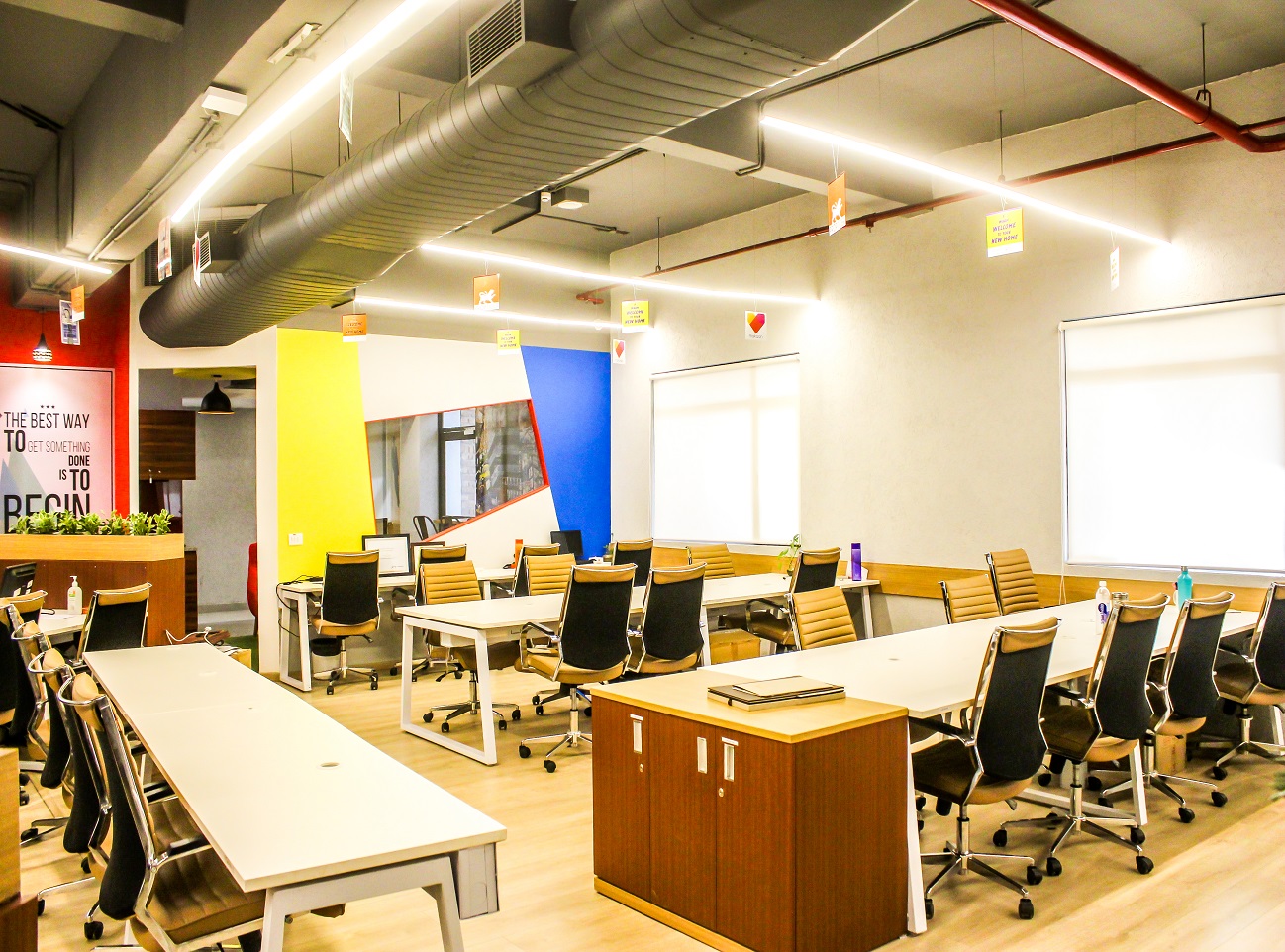Once upon a time, companies believed that people could work only if they had an office to go to. If one were to search for a silver lining in the pandemic, it would be the realization that working from home could be as efficient as working from a centralized office space.
It’s proof that companies need to be flexible in order to succeed and has sparked the debate on whether prioritizing an agile way of working or employee experience is more important.

The Importance Of Agility In An Organization
Agile working refers to an organization’s ability to respond quickly to internal and external changes. This response must be such that it maintains productivity without interfering with regular operations and while maintaining customer satisfaction levels. The faster an organization can adapt itself to new situations, the more likely that company is to succeed.
The Importance Of Employee Work Experience
Along with profit, companies strive to achieve a low turnover rate. Nobody wants to constantly hire new employees and invest in their training only to see them quit and work for competitors.
Today, it isn’t only salary packages that determine an employee’s loyalty. It’s the experience the employee has working with the organization. This concept can be considered a variation of customer experience and can be described as the perceptions employees hold about their work experience.
A study shows that 43% of Indian IT and business leaders consider employee experience to be critical in achieving business objectives.
Is One More Important Than The Other?
In today’s scenario, companies cannot afford to choose between agility and experience. Focusing only on agility could result in short-term tactics that are difficult to sustain in the long run. Agility may even be detrimental in ambiguous situations.
Let’s say a company decides to open a new office in a city where they expect high sales. If their expectations aren’t realized and the actual sales don’t match the projections, the investment made into the new office space would be accounted for as a loss.
Also Read: Can Work From Home Take Away Your Competitive Intensity?
On the other hand, keeping your focus only on experience may lead to decisions that are not always in the organization’s best interests. For example, through a software company may need to find a way for employees to work from outside the defined office space, letting them access all files may make it difficult for them to protect their creations.
The Better Decision: Balancing Agility And Work Experience
There are a number of factors reshaping today’s workplaces – demographic shifts, urbanization, power shifts, technology, etc. In the face of these factors, companies need to prioritize employee experiences and company agility equally.
An agile way of working can help avoid delays in work processes, promote creativity and build an atmosphere of trust in the organization. It allows HR to re-align the workforce to meet evolving requirements.
Similarly, maintaining a focus on work experience helps maintain loyalty to the company, build a positive employer reputation and motivate people to do their best towards helping the company achieve their goals.
How Can Your Organization Improve Agility And Experience?
For organizations to be successful in the current scenario, they need to adopt a holistic approach that is not limited to the office premises. In the near future, your employees won’t probably be coming in to work daily. That said, they also will not be working remotely all the time.
As an organization, you need to be prepared for situations such as employees attending work on alternate days, or once a week. You also need to make their experience at the workplace better. This includes getting to and from the office and minimizing their exposure enroute. In such cases, do you really need a large central office space? Or, would it be better to set up multiple, smaller-sized coworking offices closer to where your employees live.
Replacing Conventionally Leased Offices With Managed Offices: The Need Of The Hour
Managed offices are an ideal solution. This has many benefits. Instead of investing in setting up traditional leased offices, it allows you to have your own space at optimized costs. A managed office can be described as a blank space that can be leased out for medium to large durations and customized to complement your brand vision. This solution is easily adaptable and hence agile and simultaneously designed to improve the working experience. Some of the key ways it achieves this balance are:
- Short lease periods help the company scale up and down as needed
- Customized working spaces give employees the sense of working from an office space and boosts productivity
- The ability to brand spaces maintains a professional appeal
- Optimizing operational costs allows organizations to realign their budget towards measures needed to improve an employee’s experience
- Decentralized workplaces reduce commute time for employees and hence improves their experience while maintaining work procedures
There are a number of managed office space providers. If your company chooses to go along this route, you must ensure that you sign a lease with a trust service provider. The Office Pass provides managed office spaces in Gurgaon, Noida and Delhi.
In addition to basic infrastructure and the ability to customize their space, The Office Pass offers easy, transparent leases without any of the obligations of traditional leases. To learn more, call now at 8999 828282.



